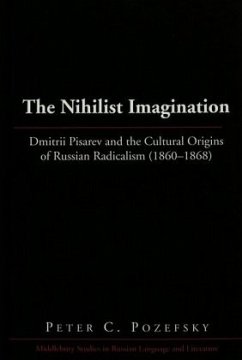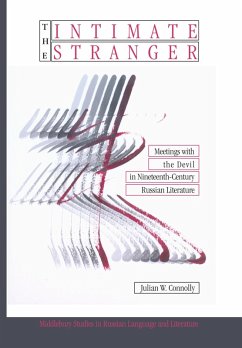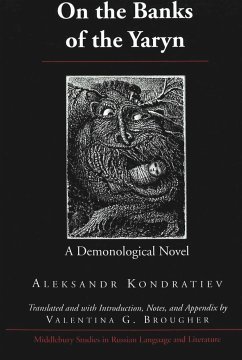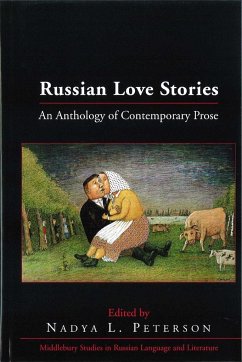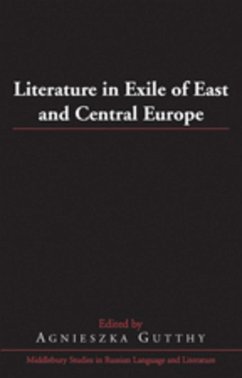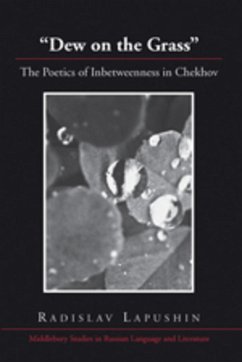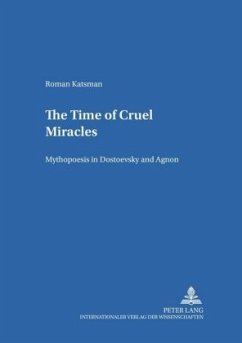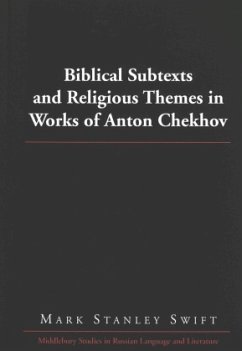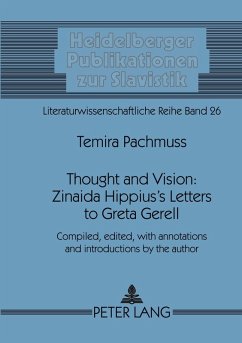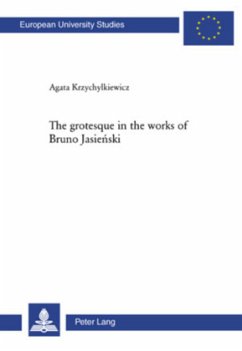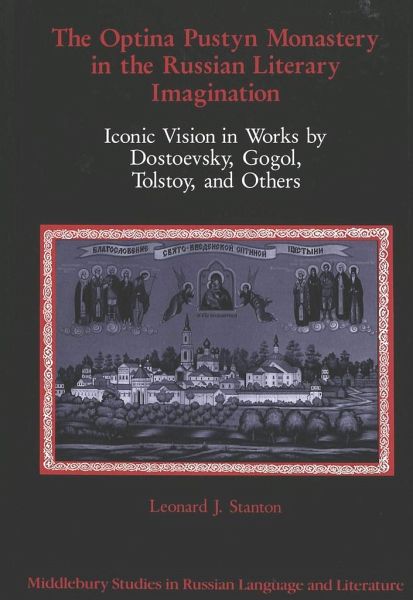
The Optina Pustyn Monastery in the Russian Literary Imagination
Iconic Vision in Works by Dostoevsky, Gogol, Tolstoy, and Others
Versandkostenfrei!
Versandfertig in 6-10 Tagen
83,10 €
inkl. MwSt.

PAYBACK Punkte
0 °P sammeln!
Between 1821 and 1891, the Optina Pustyn Monastery of Konzel'sk, in Russia's Kaluga Government, was the site of an unprecedented - and as yet unequaled - period of religious and literary flowering. Optina Pustyn was a mecca for many of Russia's most prominent writers and thinkers. Distinguished visitors included Ivan Kireevsky, Nikolai Gogol, Fyodor Dostoevsky, and Lev Tolstoy. This study explains why Optina and its renowned "elders" held a special attraction to Russia's literary giants. It reveals how the elders' use of language was rooted in the "iconic vision" of Optina's fifteen-hundred-ye...
Between 1821 and 1891, the Optina Pustyn Monastery of Konzel'sk, in Russia's Kaluga Government, was the site of an unprecedented - and as yet unequaled - period of religious and literary flowering. Optina Pustyn was a mecca for many of Russia's most prominent writers and thinkers. Distinguished visitors included Ivan Kireevsky, Nikolai Gogol, Fyodor Dostoevsky, and Lev Tolstoy. This study explains why Optina and its renowned "elders" held a special attraction to Russia's literary giants. It reveals how the elders' use of language was rooted in the "iconic vision" of Optina's fifteen-hundred-year-old tradition of contemplative monasticism. It is the first study to examine Optina's social gravity against the broad background of nineteenth-century institutions of Church and Intelligentsia.





